Books
Gytha Lodge: ‘I will never shake off the infuriation and awe I felt in first meeting Ed Exley’
I’ve managed to choose a favourite detective of all time. And that, let me tell you, is a big deal.
The question of what my favourite of anything is causes me immediate distress. It always seems to go one way: with a strong initial assertion followed by an ‘Oh, actually, there’s this one too. Can I include that? Oh, wait, there’s also another one…’ By the end of it, there will be eight or nine things.
This is how it was when trying to choose my favourite detective. I immediately had to take into account not just context – do I want cosy or gritty? Humorous, or tragically broken from a back story? – but also category. Police detective or PI? Accidental detective thrown into a mess, or careerist?
But then illumination dawned in the form of a Twitter conversation between two strangers. One of them asked the other which character had most inspired them in their writing. And suddenly, there was only one clear answer. Because in writing any detective I will never shake off the infuriation and awe I felt in first meeting Ed Exley.
What makes a great officer
There’s a great quote in LA Confidential about Ed Exley’s abilities as an officer. It runs: ‘This man has obvious gifts as a detective. He is thorough, intelligent, seems to have no personal life and works very long hours.’ The perfect combination, at a glance. And yet it is not thoroughness or simple hard work that define his career. Nor are they really what make him an excellent detective.
Exley is brilliant because he is gloriously imperfect. He is deeply ambitious, and sly rather than simply intelligent. He has a knack for snake-like twisting of difficult situations to make them act to his advantage. Take as a starting point his wartime medal, gained by running from a slaughter and then faking a scene of heroism using already dead soldiers. That one incident illustrates his abilities and serious failings perfectly. He is profoundly self-serving, and cares more for his own life and career than he does for anything else. But he’s razor sharp with it, and able to turn a situation to his advantage at will.
It’s a combination that can make him one hell of a detective. It certainly lies behind his skill in interviewing witnesses or criminals. I remember, with profound clarity, reading the line ‘But if you twisted your man the right way – loved him and hated him to precisely the right degree – then he would tell you things…’ and thinking how shockingly true that was for people in general. As a fairly straightforward twenty-something, I’d started to notice manipulation and been outraged and possibly a little awed by it.
All the qualities present in Ed Exley make him an excellent detective. They also make him, at times, a pretty awful human being.
Made by the flaws
I’m in no way the first person to point out that a ‘strong’ character is not, in fact, a kick-ass one. That a strong character is one who is multi-faceted, and flawed, but not universally. They may be likeable or not, but they are definitely disappointing, infuriating or appalling at times. They are compelling because they are real and they seem to live and breathe. I keep wanting to quote someone clever who says that we admire people for their talents but love them for their flaws, only I can’t find anyone who says quite that when I Google it. So my unpoetic version may have to do for now.
It’s this strength in imperfection that I look for in a main character. It’s why I find myself less drawn to Jack Reacher’s almost supernaturally able persona than to Rebus’s sometimes petty or craven self. And of course, the joy of Ed Exley is that he is not just flawed, but troublingly amoral at times. He reports and testifies against his colleagues – not for the sake of the men they beat up, but to further his career. He shoots men with their hands up, and takes the credit of bringing them in as the Nite Owl shooters when he knows that they are not.
In the excellent film adaptation, Exley is slightly watered down. It’s both a shame and understandable. In compressing the timescales of the film, it is harder for Exley to have a slow arc of moral enlightenment that, in the books, ends in an entirely different volume. We need to warm to Exley a little faster in the film to be rooting for him in the final scenes, and so he becomes a less complex beast. He only shoots when shot at, alongside a colleague. His war story lies are missed out.
Ellroy is too much an observer of the darker side of human nature to give Exley a straightforward about-turn. He doesn’t want to tear down the Nite Owl case ‘with a wrecking ball’ because he might be able to find the real culprits; he reopens the investigation because his reputation is on the line. He doesn’t vow vengeance on the big bad guy because his friend was murdered by him but for complex reasons including resentment of him, a growing sense of injustice, and just possibly fear of his corrupt boss’s power.
A dark sort of inspiration
When writing my own detective, I knew that I wanted him to be real. That meant, inevitably, making him flawed. But I wanted to like him, and so I had no intention of creating a self-serving careerist like Exley. Nor of showing a corrupt, dog-eat-dog system within the police force. The only police officers I’ve met over here have been universally likeable, professional, and hard-working, however some individual officers may have acted in the past. For my detective team to be successful, I also wanted them to be a team: a group that worked together, supported each other, and went for pints together.
So DCI Jonah Sheens is essentially a good guy. An idealist, who nevertheless has weaknesses. Nostalgia. Being personally rather easily led. Someone with a hatred of management meetings and who is secretly resentful of having to look after his mum.
So Jonah is not Ed Exley. He is his own man. But when I give my detective free reign in interviews, and I sit back and let him tear his witnesses to shreds, caught between loving and hating them and himself equally; when I let him manipulate and draw out; when I allow him to be his full, glorious self – in those moments, I see the ghost of Exley.

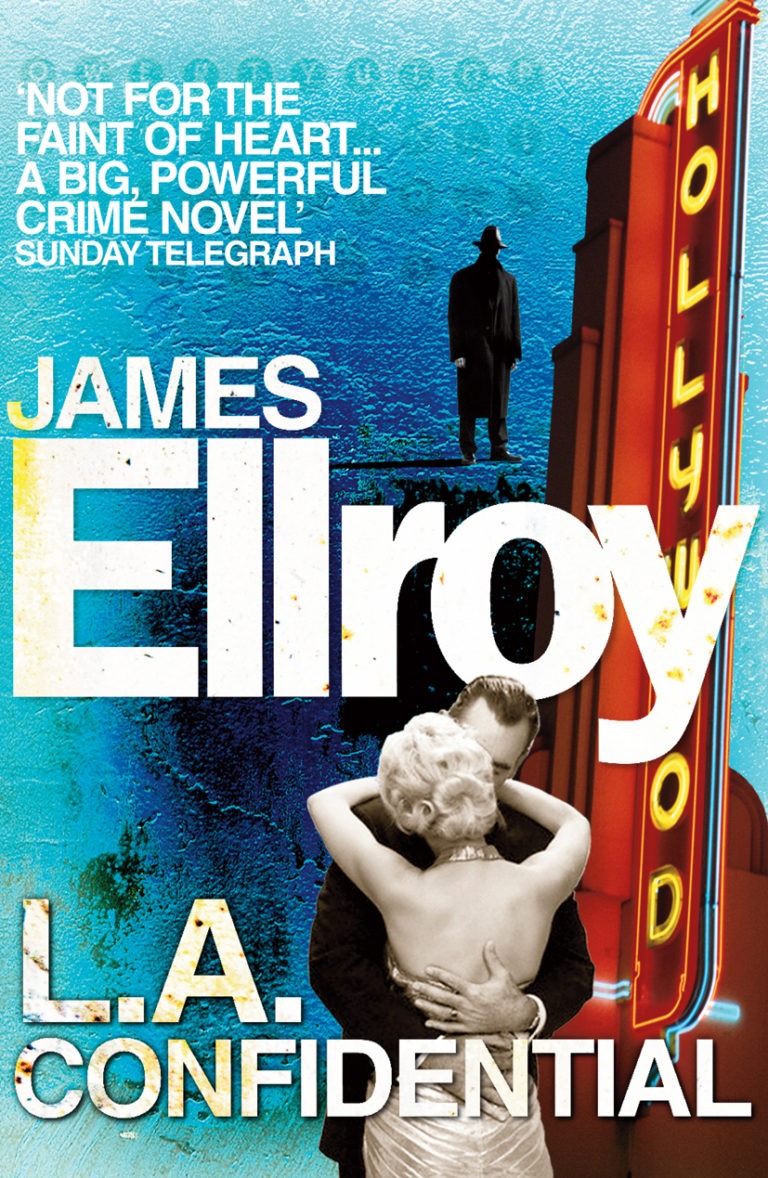
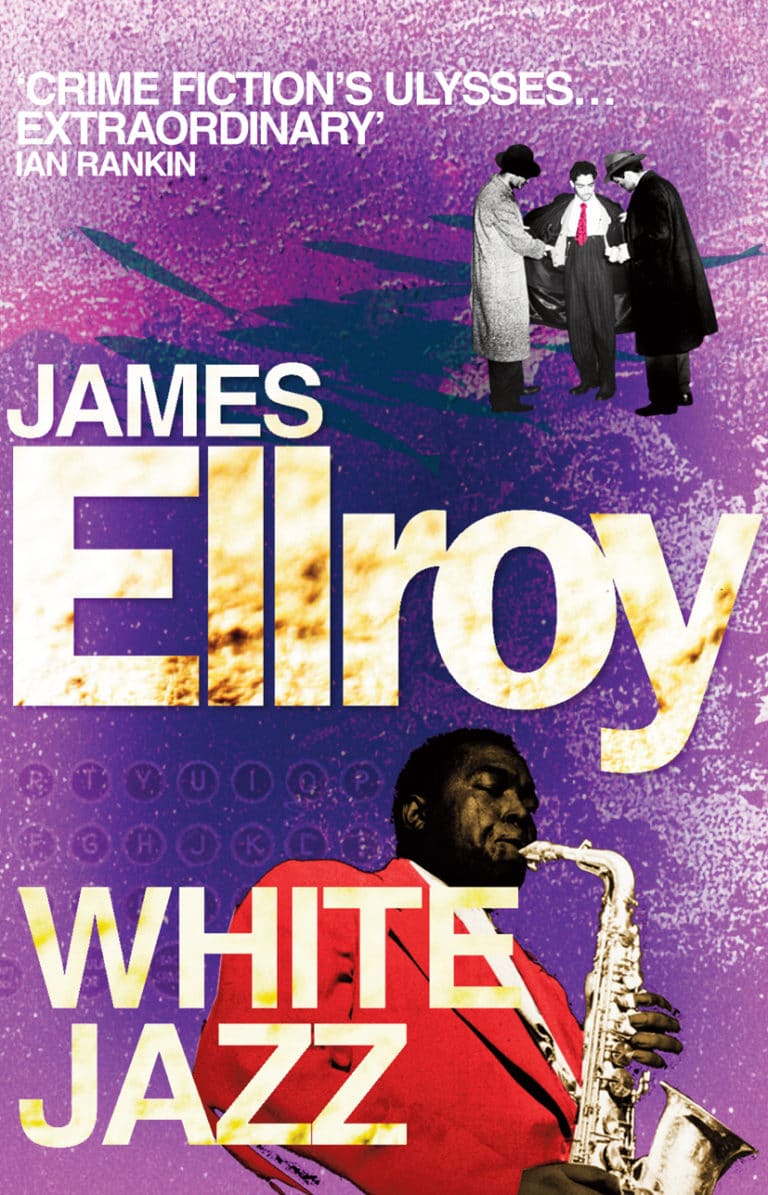
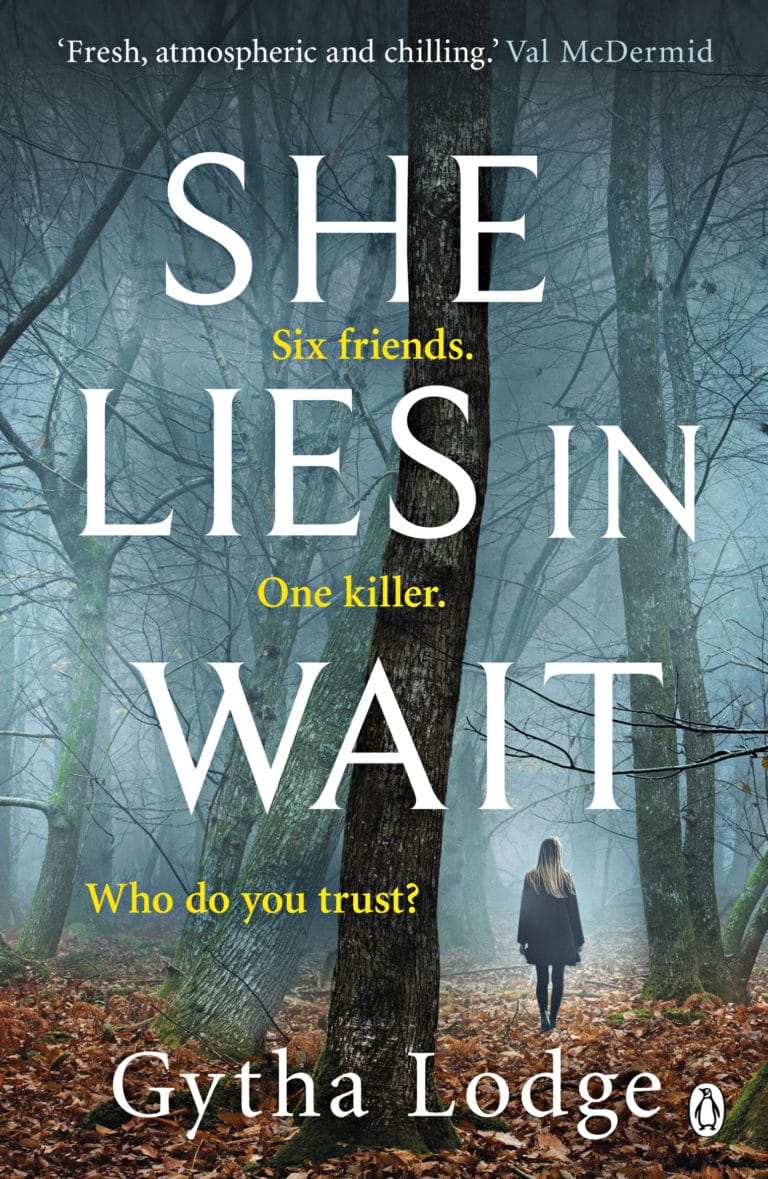
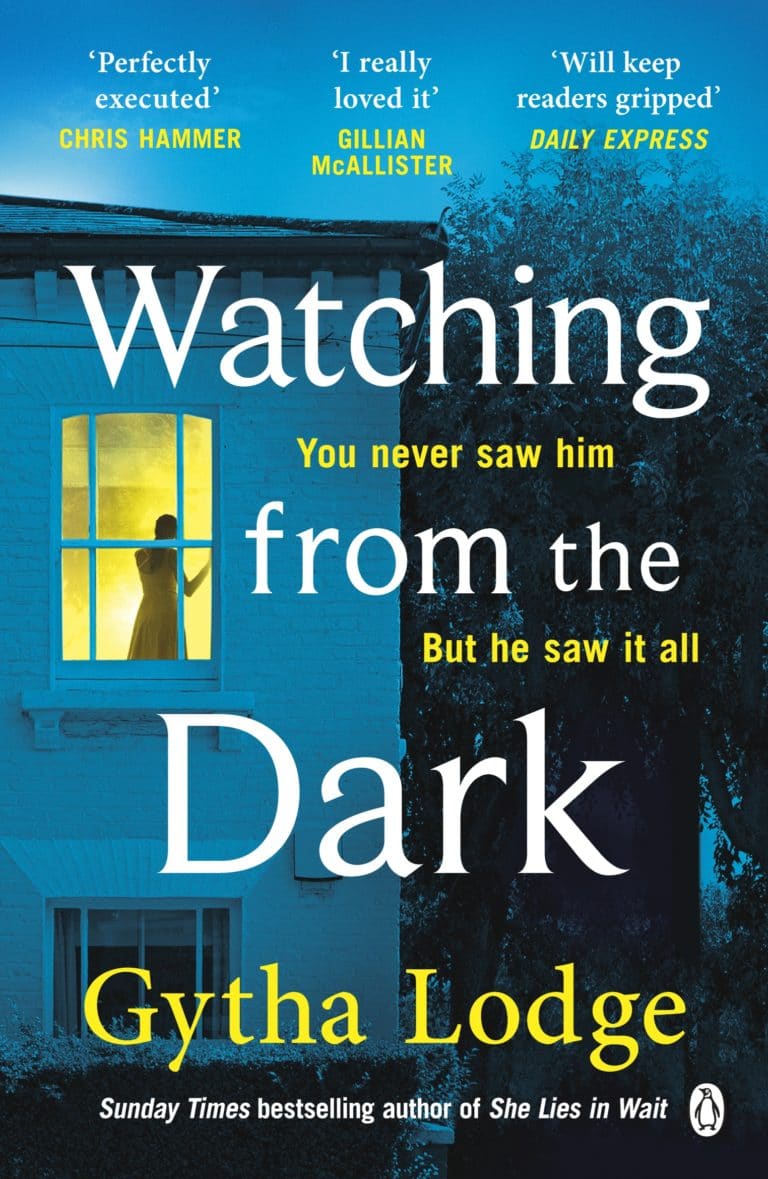
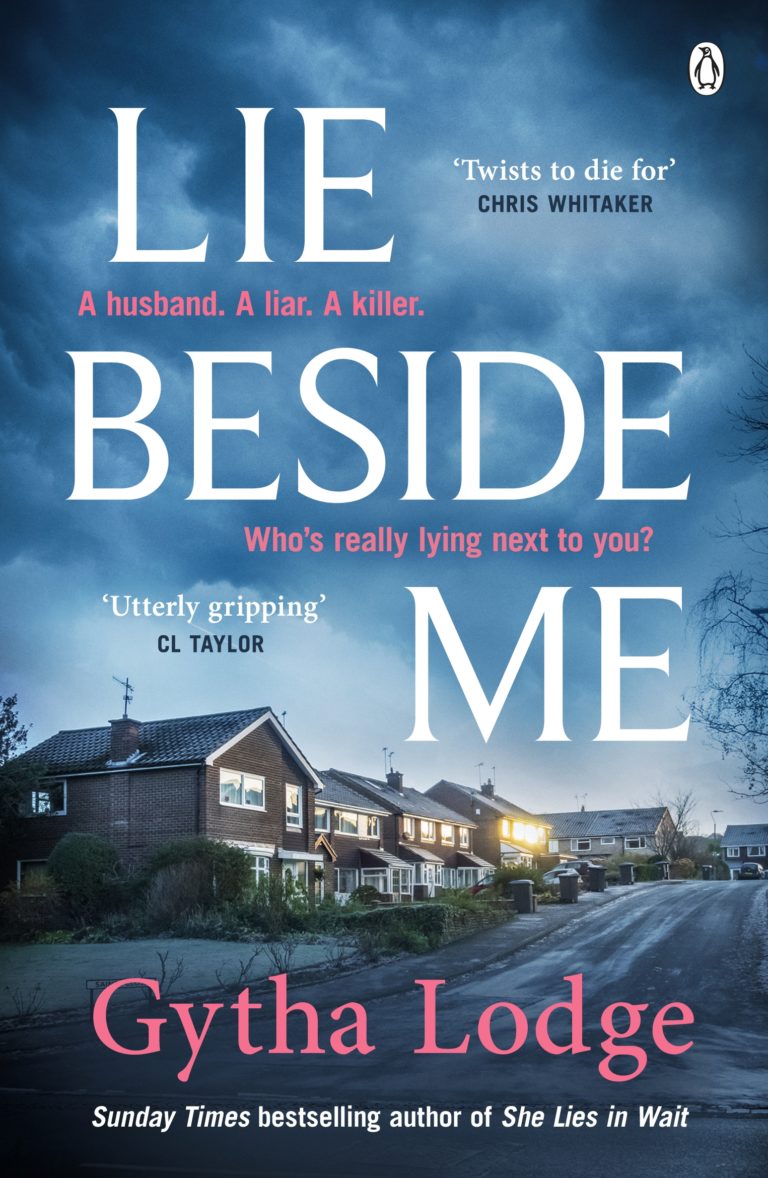

Please note: Moderation is enabled and may delay your comment being posted. There is no need to resubmit your comment. By posting a comment you are agreeing to the website Terms of Use.